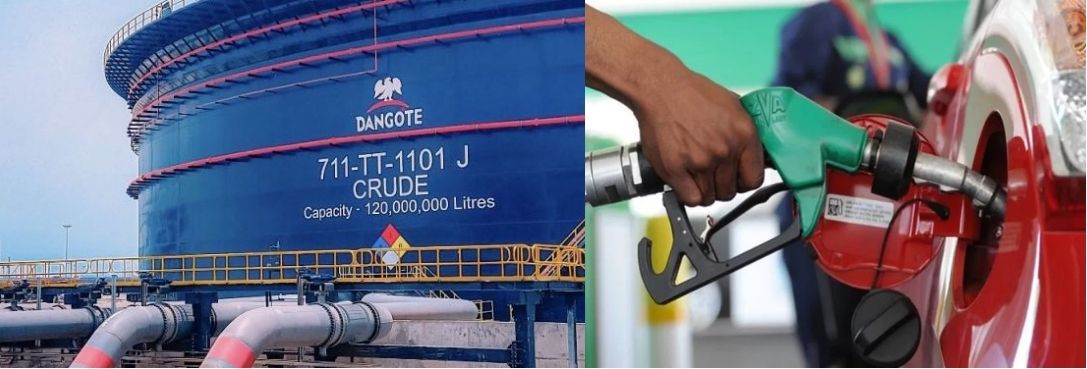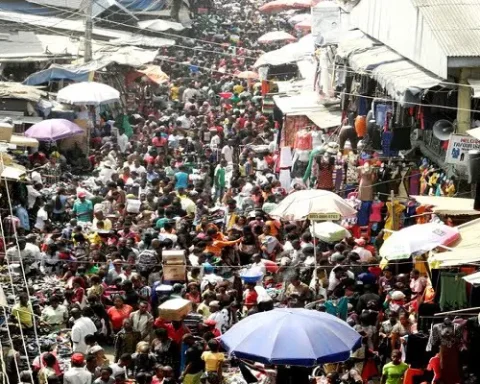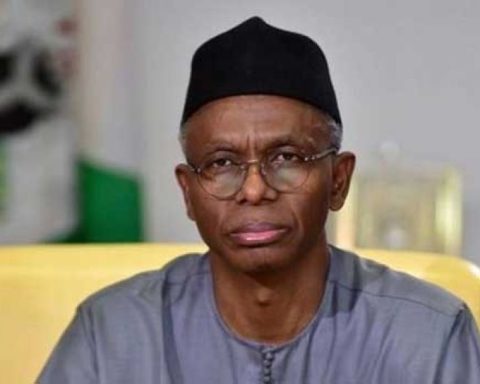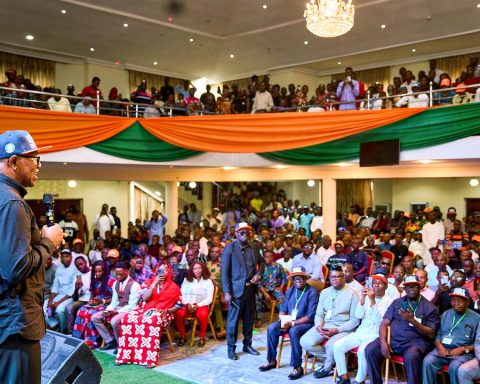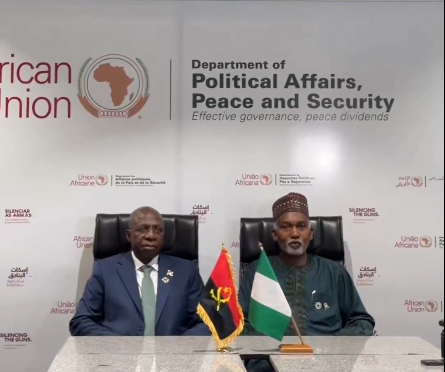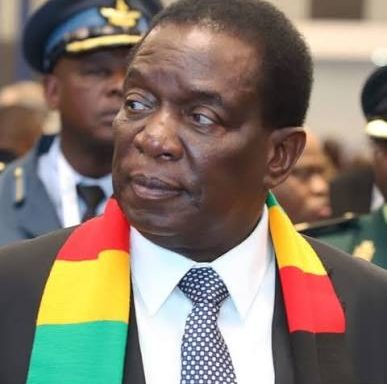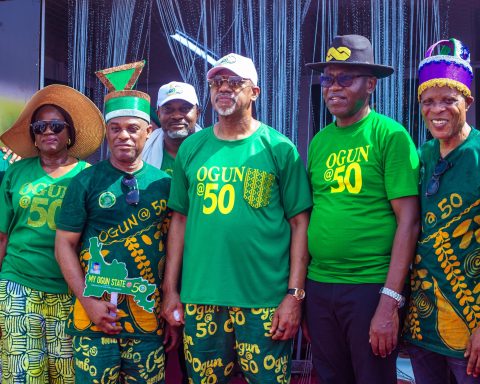The Nigerian fuel market is experiencing a significant price war, driven primarily by the Dangote Petroleum Refinery’s aggressive pricing strategy and the response from the Nigerian National Petroleum Company Limited (NNPC) and independent marketers.
The emergence of Dangote Refinery and the deregulation of the fuel market have set the stage for what analysts described as intense competition, as marketers also engage in price reductions to stay afloat.
Join our WhatsApp ChannelThe 650,000 barrels per day Dangote Refinery has implemented multiple price cuts for petrol in 2025. It reduced the ex-depot price (the price at which it sells to marketers) from ₦880 to ₦840 per litre in late June and further to ₦820 per litre in July. After raising it to ₦850 recently, the refinery brought it back to ₦820 last week.
These reductions were influenced by declines in global crude oil prices and the refinery’s strategy to enhance market competitiveness.
As a result, pump prices across Nigeria dropped significantly. After almost reaching ₦1,000 per litre, the price of petrol decreased to between ₦865 and ₦870 per litre in Lagos. Regional variations persist, with the North and South-East experiencing higher prices (up to ₦910) due to logistics costs.
As the refinery’s partners, such as Ardova PLC, MRS, and Hyden, among others, sell at reduced rates, the Nigeria National Petroleum Company (NNPC) and other marketers responded by reducing their own prices to remain competitive. NNPC retail outlets lowered pump prices to ₦865 from ₦900 per litre in Lagos. Some independent marketers even undercut Dangote, selling around ₦850 per litre at some point.
This competition has created a price war, with both entities adjusting prices to maintain market share. NNPC, which was once the sole importer of petrol, now faces stiff competition from Dangote, leading to more frequent price adjustments.
Prior to Dangote’s refinery coming on stream, petrol prices had surged to about ₦1,300 per litre after the Federal Government removed subsidies on the commodity.
However, the series of price cuts by the $20 billion refinery has triggered competition that brought the prices to the current level.
As marketers lament losses due to the frequent price cuts, Nigerians have hailed it, demanding more reductions.
Some have called for a reduction in prices to around ₦500 to alleviate the cost of goods caused by high fuel prices.
“Prices are still very high for Nigerians. We need them to bring it down to N500 per litre for Nigerians to buy fuel for their vehicles,” said Emeka Ogbonna, a commercial bus operator in Lagos.
Impact of Global Oil Market Dynamics
The price reductions are closely linked to global crude oil trends. When Brent crude prices fell to $66–$67 per barrel due to eased geopolitical tensions (e.g., Israel-Iran ceasefire), local fuel prices followed suit.
However, fluctuations in crude prices (such as spikes during conflicts) previously caused temporary increases in Nigerian pump prices, highlighting the market’s sensitivity to international dynamics.
Dangote’s Supply Strategy
The refinery’s plans to launch a direct distribution network using CNG-powered tanker trucks have sparked fears among marketers, who raised concerns about the potential monopoly of the market. The initiative aims to reduce logistics costs and ensure seamless product delivery across Nigeria.
The refinery also offered credit facilities to large buyers- allowing purchases of 500,000 litres on credit under bank guarantees – to foster loyalty and expand its market reach.
However, there are indications that the plan for direct distribution scheduled to start on 15 August could go as planned due to logistics challenges in China, which affected the delivery of 4,000 CNG trucks.
According to a report by The Punch, the company was only able to receive 450 trucks, while expecting 150 next week, to make a total of 600 trucks.
The Group Chief Branding and Communication, Dangote Industries Limited, Mr Anthony Chiejina, confirmed in a statement that the refinery would receive “at least 60 shiploads of these trucks” in the country in the next six weeks.
“The initiative is also expected to revitalise dormant filling stations, creating over 15,000 direct jobs across the logistics value chain, including positions for drivers, station managers, and attendants at the new CNG stations,” Chiejina said.
READ ALSO: Dangote Fuel Distribution Strategy: Between Monopoly Concerns And Market Competition
He emphasised that the initiative would benefit over 42 million micro, small, and medium enterprises by lowering energy costs and improving profitability.
Commenting on the direct fuel distribution initiative, a development economist, Professor Ken Ife, said implementation of the scheme would amount to lifting a burden from Nigerians who have continued to endure high fuel costs.
He argued that implementing the scheme means transferring fuel subsidy from the public sector to the private sector.
“This ₦1.7 trillion private sector investment. For the government to do this, it will cost the government not less than N5trillion to do exactly what he is doing for ₦1.7 trillion and it will never be delivered in the timescale,” Professor Ife stated, highlighting inefficiencies in government projects.
The economic expert highlighted the positive impacts of the scheme on households and businesses. He said that with what is happening, investors may be attracted as they have begun to see signs of stability in the downstream oil and gas sector in Nigeria.
He also noted that the initiative would make fuel available in all parts of the country, revitalising business activities in critical sectors.
He dismissed fears of monopoly raised by marketers, saying the NNPC had been the real monopoly Nigerians experienced in the past. He said NNPC had been in the upstream and downstream and yet had nonfunctional refineries, and opted to import petroleum products, while exclusively exporting the crude.
According to him, the problem of the Central Bank started when NNPC stopped remitting $3 billion every month because the state-owned firm was doing crude swaps and had monopoly.
As Dangote expands its distribution network and global oil prices continue to fluctuate, further price adjustments are likely. For lasting economic impact, stakeholders emphasize the need for stable policies and investments in local refining capacity.


